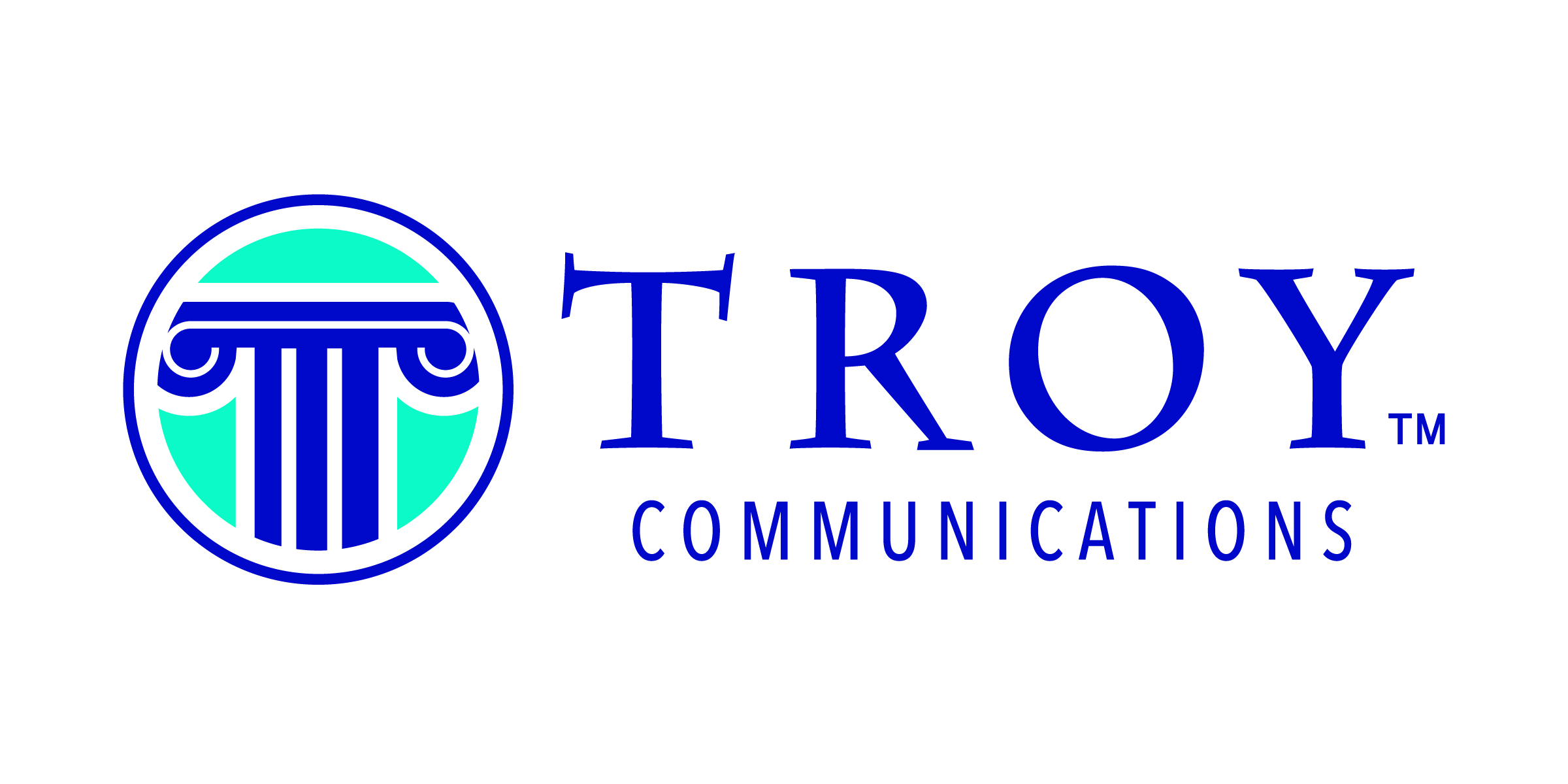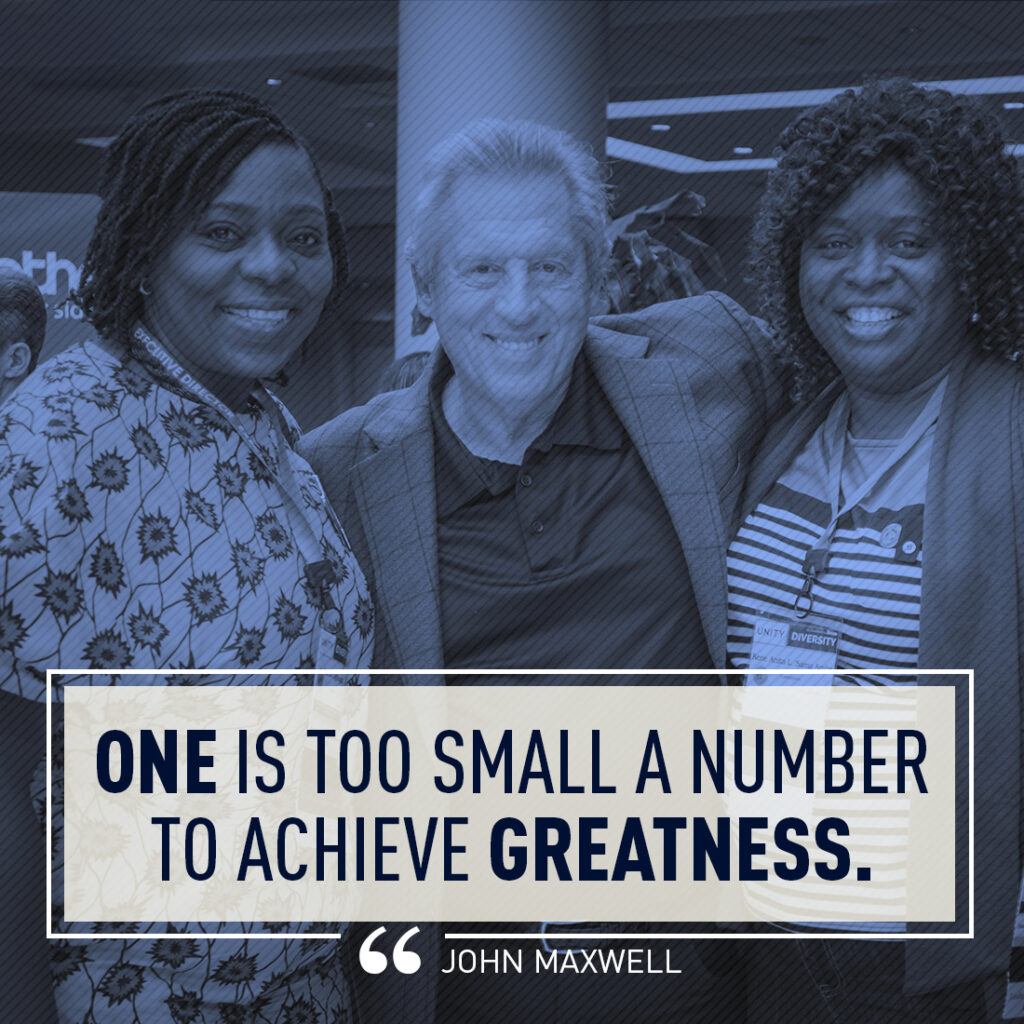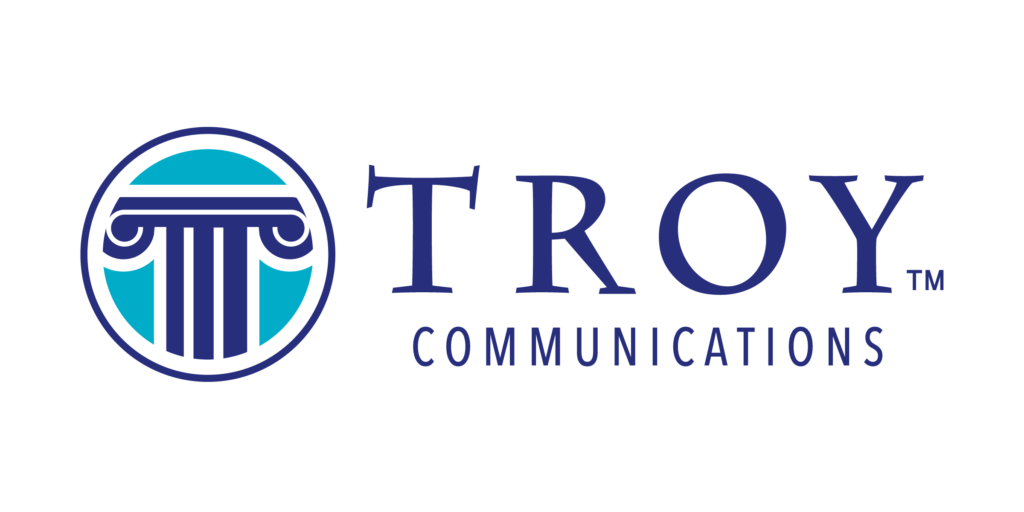“To connect with people in a group, relate to them as individuals.”
– John Maxwell
This quote is from John Maxwell’s from book The 21 Irrefutable Laws of Leadership. John is globally recognized for his expertise in values-based, people-centric servant leadership. He understands what it takes to lead groups through influence.
The big idea here is that we often complicate relationships when it comes to relating to a group, but remember – all groups are comprised of individuals!
Here’s how this applies to us and building better work relationships:
No one wants to be considered a “group”; we all want to be recognized for who we are, as individuals. I know I’ve made the mistake of treating a group as one entity, but my rapport with the group improved when I made a point of connecting with the individuals first.
This reminds me of The 5 Core Concerns described by Roger Fisher and Dan Shapiro in their book Beyond Reason. Everyone you meet is concerned with appreciation, affiliation, autonomy, status, and their role. (There’s so much I could say about this! You can find a little more about this in my blog post The Magic Key to Persuasion)
When you meet the individual needs of your group, the entire group functions better. I’ve found that once I’ve established a connection with the individual, I am better able to nurture the connections between members of the group. When they trust me, they are better able to trust their peers. This leads to better collaboration and better outcomes.
These tips can help you whether you have a formal leadership position or not, so let’s put this into action:
- Take an inventory of the relationships you have with your group. This could be your work team, or it could be a group of clients. (This also works with groups in your personal life.)
- Identify which of your group members need their core concerns addressed.
- Start doing the little things to show you see and appreciate them as an individual.
- Watch how the relationship starts to grow and bloom! As your relationship strengthens, you can help them connect better to other members of the group, strengthening the entire unit.







